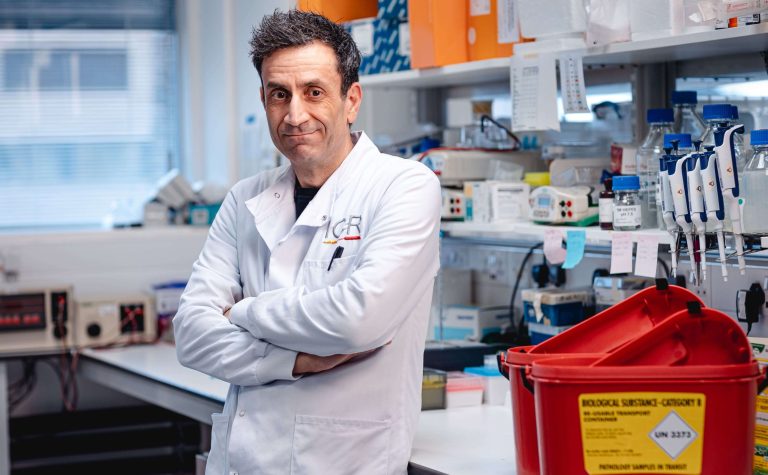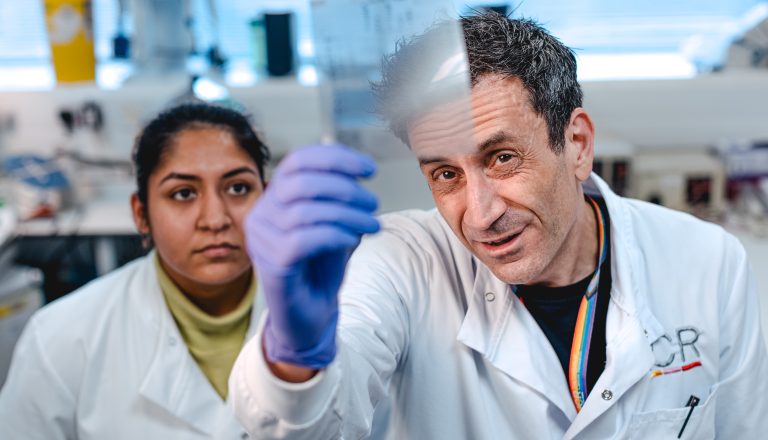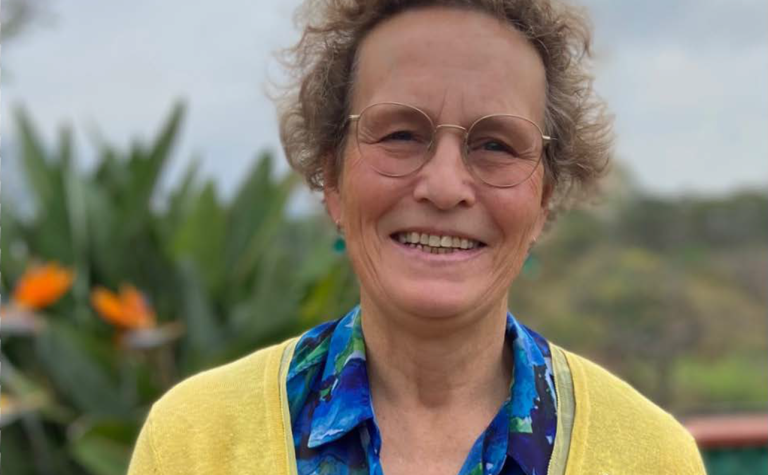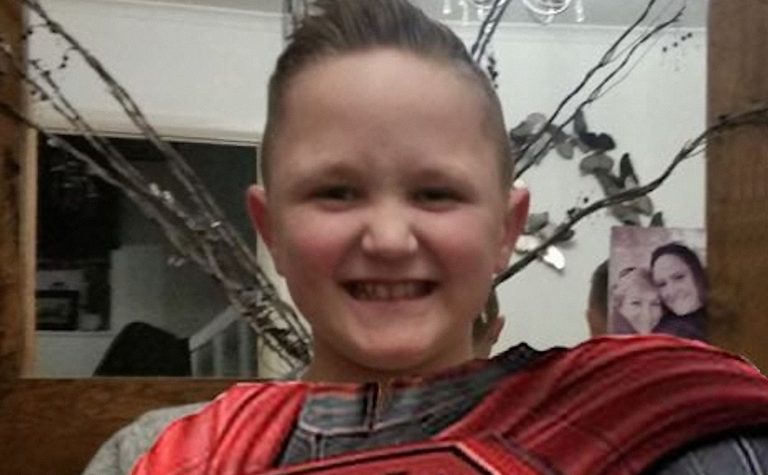About the Research Team
Professor Chris Jones is an international expert in the biology of childhood glioma such as DMG, and runs a lab focused on developing new treatments for these tumours at the Institute of Cancer Research in London, one of the world’s leading research institutes. Chris is also a leader in several international clinical trials networks and is the biology reference laboratory for national clinical trials within the UK.
Dr Rebecca Rogers is an experienced laboratory researcher in the Jones Lab and has made the exciting initial discoveries upon which this project is based. Dr Rodgers is ideally suited to supervise this work as part of her career development to an eventual independent researcher in the field of childhood brain tumours.




